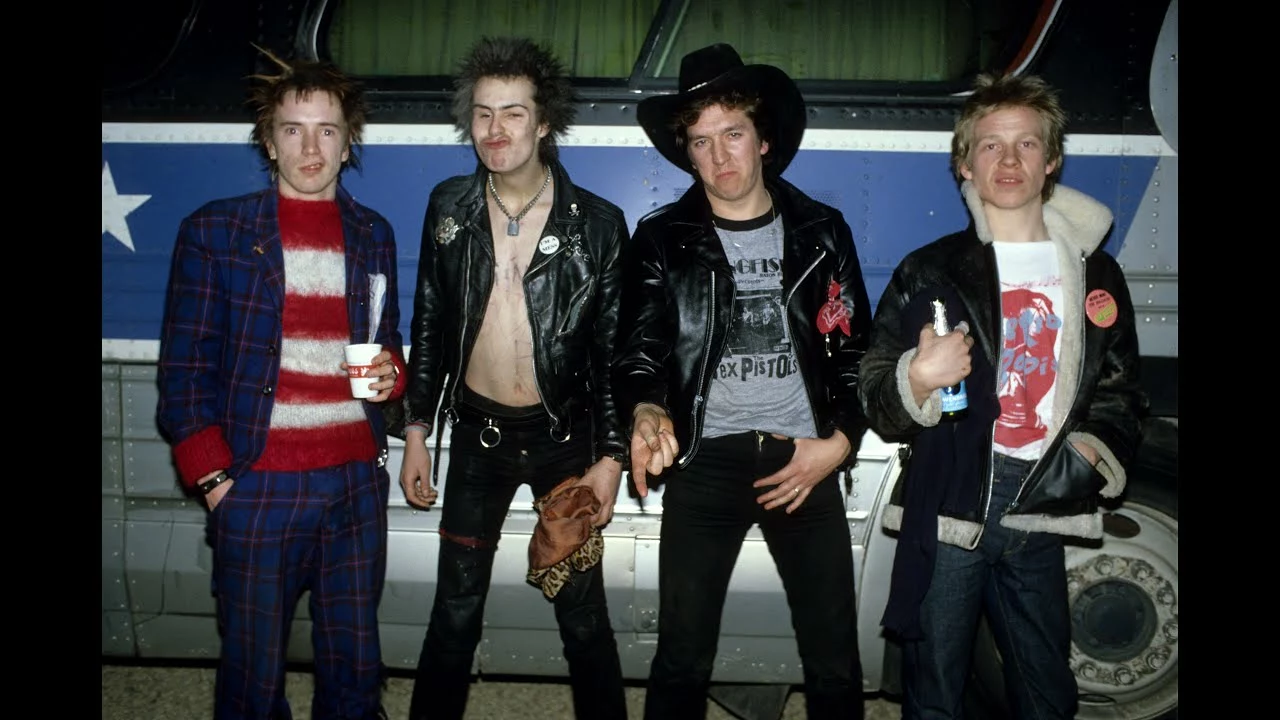Music History: From Ancient Beats to Modern Hits
Ever wonder why a drum solo feels so primal or why pop songs stick in your head? It’s all part of music history – the story of how humans turned noise into art. Knowing the basics helps you spot patterns, love new sounds, and understand why certain tracks still move crowds.
Early Roots and Rhythm
Picture a cave, a fire, and a simple drum made from a hide. Early humans used rhythm to coordinate hunting, celebrate births, or mark seasons. Those first beats weren’t recorded, but archaeological finds (like bone flutes) show that melody was already in play. As societies grew, instruments multiplied: lyres in Mesopotamia, bamboo pipes in China, and the sitar in ancient India. Each region added its own flavor, creating a patchwork of early musical styles.
When the Greeks entered the scene, they turned music into theory. They believed certain scales could heal or inspire, a notion that survives in today’s movie scores. Meanwhile, the Romans spread Greek ideas across Europe, laying groundwork for medieval chants. Monks sang in Latin, using simple modes that later evolved into the rich harmonies of the Renaissance.
Modern Era and Digital Revolution
Fast forward to the 1900s: the invention of the phonograph let people listen to recordings at home. Jazz burst out of New Orleans, blending African rhythms with European brass. Rock ‘n’ roll followed, stealing blues riffs and adding electric guitars, sparking a cultural shake‑up that still echoes today.
By the 80s and 90s, synths and samplers turned studios into playgrounds. Hip‑hop emerged from street blocks, turning turntables into instruments. The internet then ripped open distribution – you could upload a track and reach listeners worldwide without a label. Streaming services now dominate, reshaping how artists get paid and how fans discover music.
Understanding music history isn’t just trivia. It shows why a chord progression feels familiar, why certain beats make you move, and how cultural moments shape sound. Next time you hear a song that clicks, think about the centuries of rhythm, melody, and tech that made it possible.
Who were the first British punk rock bands?
- Caden Lockhart
- |
- |
- 0
The British punk rock scene was ignited by bands such as the Sex Pistols, The Clash, and The Damned in the mid-1970s. They were the pioneers, rebelling against mainstream music and challenging societal norms with their outrageous performances and provocative lyrics. The Sex Pistols, with their anarchist views, and The Clash, with their politicized lyrics, became the voice of the youth, while The Damned were the first UK punk band to release a single and an album, and to tour the US. These bands, with their raw energy and rebellious spirit, set the foundation for a whole new era in music. It was a time of musical revolution and they were the revolutionaries, forever changing the face of rock music.
View more